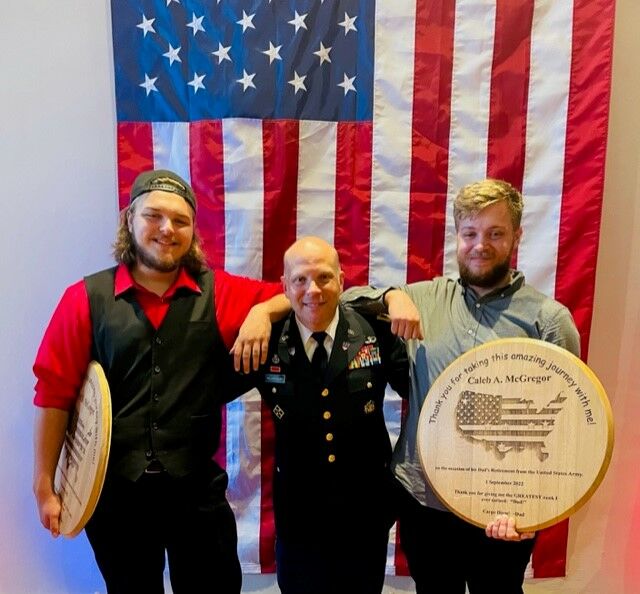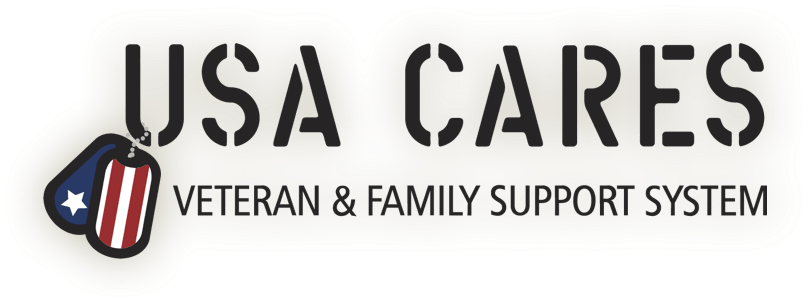Mike McGregorin his own words
I remember reading this instruction manual from cover to cover in preparation for the birth of my first son. Pages were dog-eared, sage advice and pertinent points were highlighted in every color imaginable, and there were more sticky tabs hanging out of that book than one human being could possibly count.I was more than prepared; I was a pro and I was ready!
So, when I decided to retire in 2022, I thought,“there has to be an instruction manual that tells me exactly what steps I need to take to effectively transition to civilian life.” Right? Well, not so much! I Googled for weeks and found nothing definitive. An anomaly I wouldn’t blame on a lack of information, so much as an overwhelming amount of information that lacked any resemblance of organization.

Enter the “transition lifesaver” USA Cares! In an ocean of drowning information, where most service members find themselves sinking fast, USA Cares jumps in and quickly steadies the waters. They not only offered me entry into an Executive Corporate Fellowship Program where I would gain valuable civilian workforce experience, but they literally “held my hand” as I walked the “lonely street of transitions!” They provided guidance and mentorship on everything from effective resume writing, complete with numerous professional reviews and edits, to one-on-one mentorship on interviewing techniques and productive mock interviews.
So, why is the military to civilian transition so challenging? I believe if one was to survey service members, the answer would come down to two words, “selfless and service.” Military members serve to protect the United States because of an innate sense of patriotism, selfless service to others, and serving an ideal bigger than themselves. That same selfless service is difficult to translate into the civilian world. Service members must learn to brand and sell themselves, interview for new jobs, and effectively negotiate salaries, all while diligently working to rid their minds of now useless acronyms that have been in use every day since Basic Training. It is literally learning, for the first time, how to market and sell oneself. Not an insurmountable task, but definitely a novel challenge for those in uniform.
Given all that USA Cares does to assist in the process, transitioning service members must also take responsibility for their own success. To this end, never underestimate the power of networking. The network created while serving in the military can serve you well when you ready yourself to leave active duty, but start connecting and building those pivotal civilian relationships now. It’s never too early. Put yourself out there, introduce yourself, and don’t be shy!
Trace Chesser and his team of experts provided me the much needed, and a majority of the time, unbeknownst to me, sage advice to make informed decisions in the vast vacuum of the military to civilian transition space. I clearly remember sitting with Trace at lunch soon after we’d met for the first time during the transition course. He looked me straight in the face and gave me the best advice I could have ever received.He said, “when you’re transitioning from military service Mike, ‘Expect the Unexpected!” Enough said!
